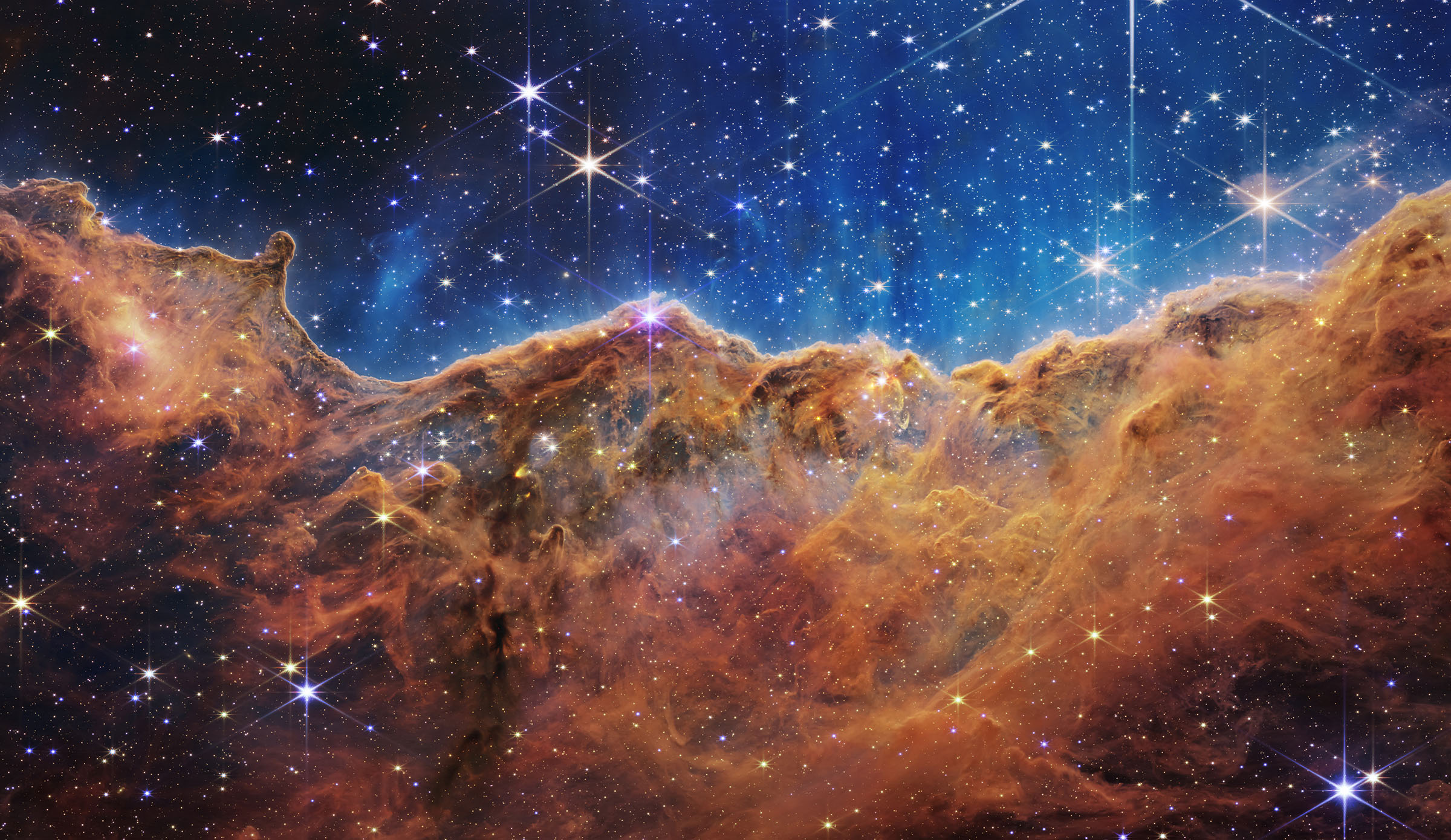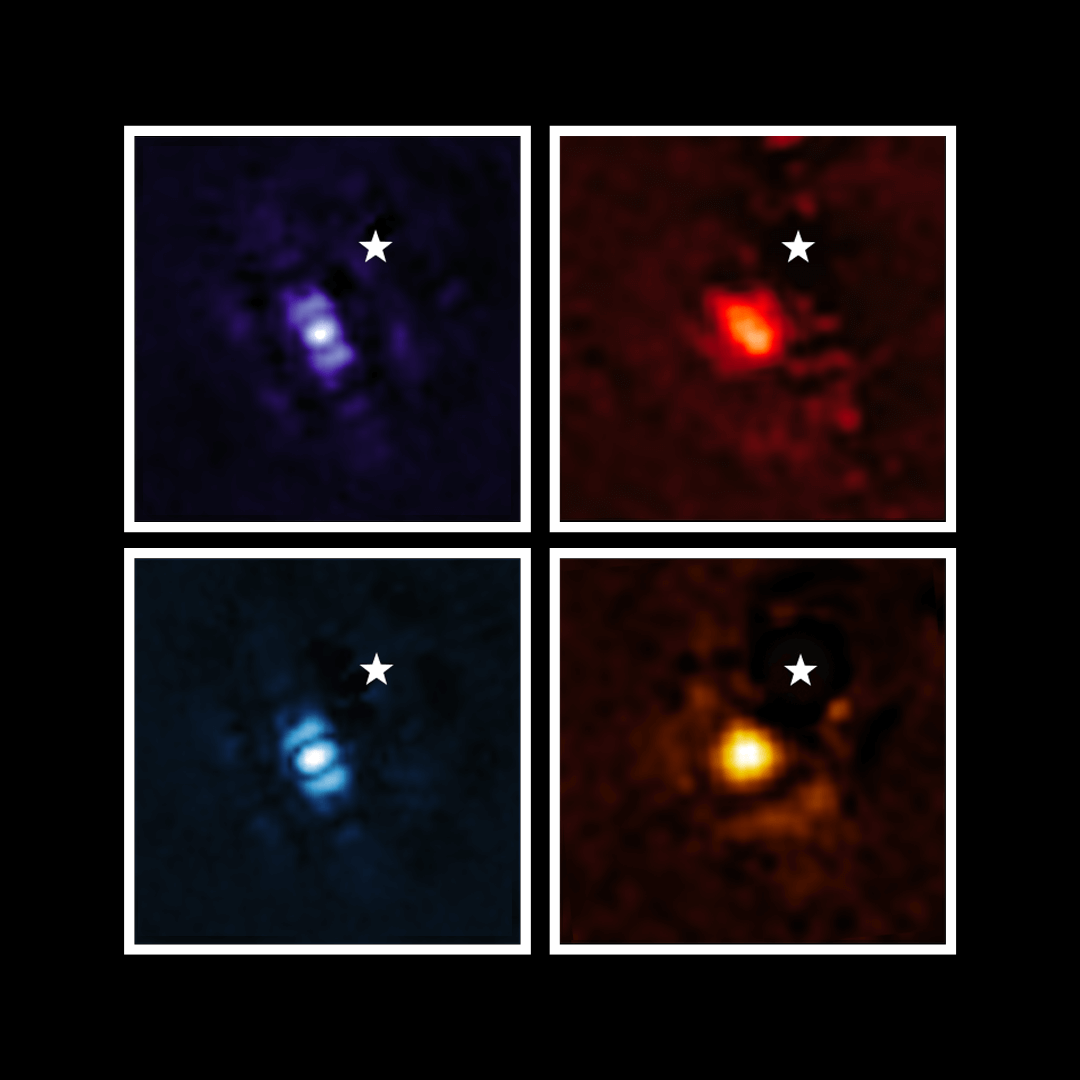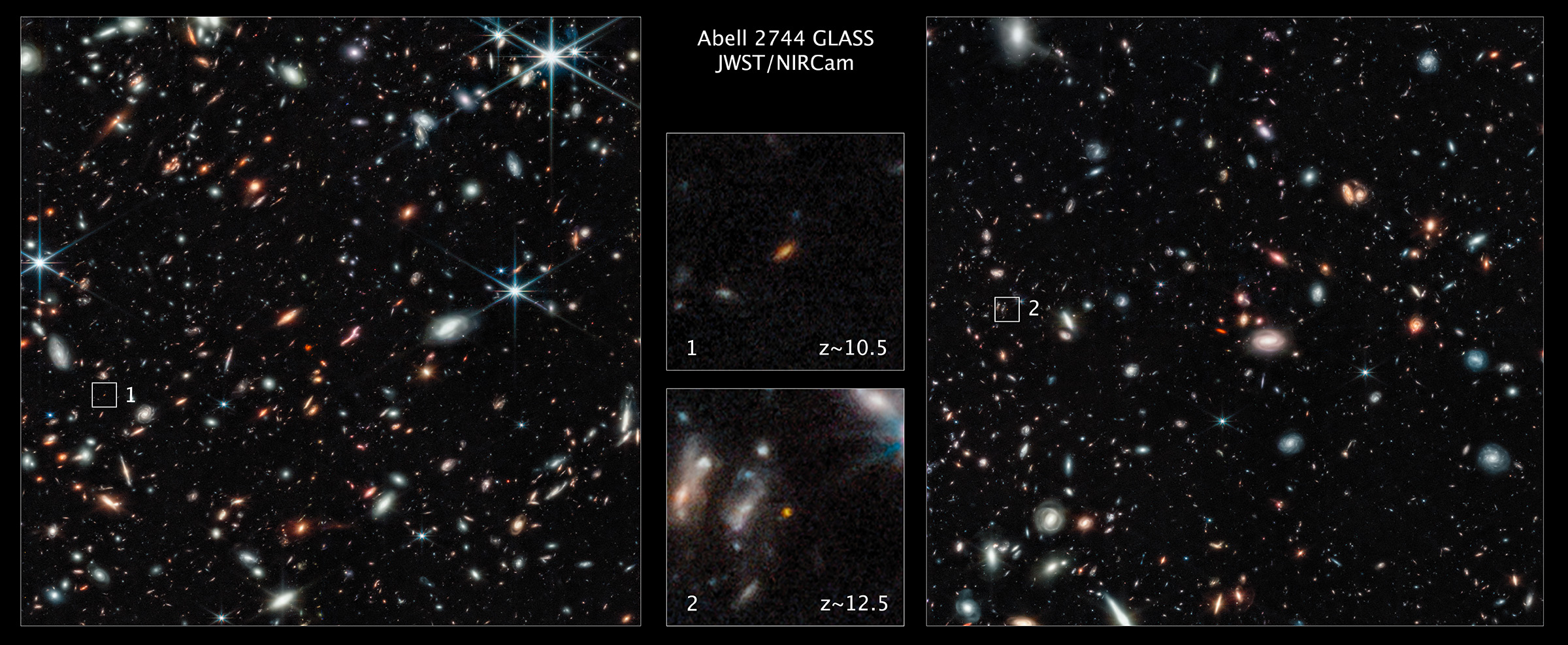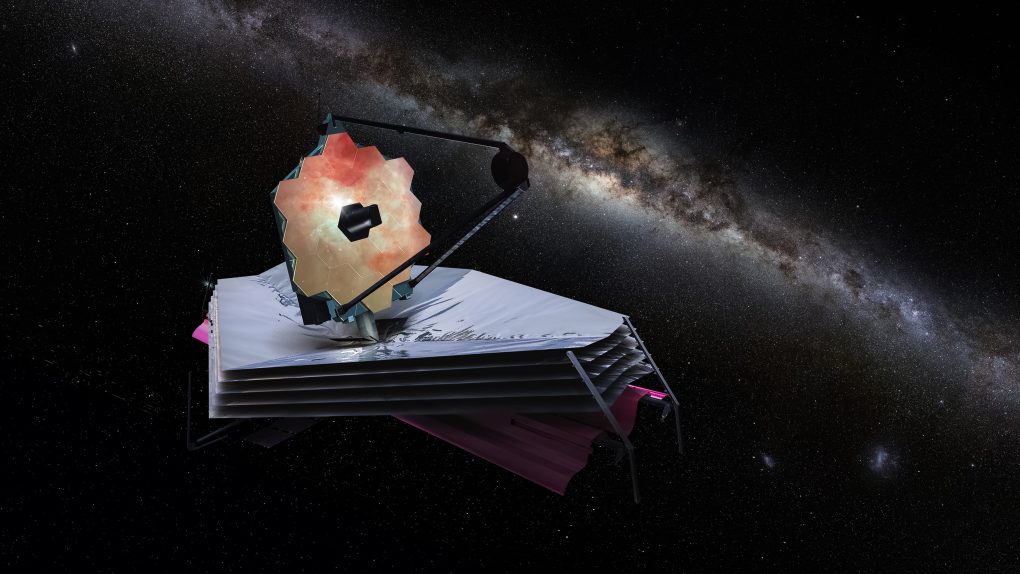We always knew that the James Webb Space Telescope would revolutionize how we looked at our universe. But I don’t think many of us realized just how often Webb’s discoveries would leave us with our mouths gaping and our eyes open wide. To celebrate the ongoing success of the space telescope, here are four times Webb’s observations left us absolutely dumbstruck.
Webb’s first images showcase the universe in dazzling color
Despite releasing dozens of images since it began operations last year, Webb’s first images continue to be some of the best the space telescope delivered. That isn’t to say that the quality of the follow-up images has decreased – quite the opposite. But it’s hard not to find ourselves returning to these original images of the Carina Nebula and the Southern Ring Nebula.

These images and observations of a few other objects in our universe laid the groundwork for what we should expect from Webb’s discoveries. From there, the space telescope has only continued to push the envelope further than ever. If Webb’s advancement is anything to go off of, future space telescopes from NASA and the European Space Agency (ESA) will deliver some amazing insights into our universe.
Webb’s discoveries help shine a spotlight on early star formation
On top of giving up exceptional views of some of the most iconic cosmic objects we’ve discovered so far in the universe, James Webb is also helping us discover more about star formation. One image that the Webb Space Telescope captured not only looks beautiful, but it gives scientists an assortment of information about the earliest stages of star formation.
By learning more about star formation, Webb’s discoveries can help us understand how the stars that make up our universe grow and then evolve. Together, this opens new doors of understanding for how the stars reach their end-of-life, eventually exploding in a beautiful but destructive supernova. The fact that Webb can see deep enough into those thick galaxies where star formation is taking place is a baffling and exciting prospect.
Webb captures the first direct image of an exoplanet
Our solar system is not the only one with planets out there, and those planets discovered outside of our little corner of the universe are known as exoplanets by astronomers. While we’ve discovered an assortment of exoplanets over the years, we’ve never been able to capture an actual image of one. One Webb discovery changed that.

Last year, while observing a system known as HIP 65426 b, astronomers discovered that Webb had captured a direct image of an exoplanet orbiting its star. It’s not the highest resolution image ever, and it doesn’t look quite as spectacular as those first images Webb captured, but it still blew our minds when it happened because of just how impossible capturing an image of an exoplanet seemed at the time.
Webb discovers early universe galaxies that shouldn’t exist
We still don’t know much about how the universe works. Still, we’ve done an excellent job putting the pieces we do have together and creating models of how we think things work. Despite all that effort, new Webb discoveries have continued to reshape how we think of our universe completely. One of the most recent ways Webb has done this was when the telescope captured evidence of galaxies we didn’t think could exist.
The galaxies are believed to be from the early universe. The discovery was so iconic, though, because astronomers didn’t think galaxies of that kind could have existed that far back in time. Instead, they believed that the galaxies in the universe’s early days were much different.

This singular discovery left astronomers reeling, showcasing how much Webb’s discoveries can completely change how we view our universe. And, with the space telescope continuing to observe the universe for the next several years, this probably isn’t the last time this will happen.
The James Webb Space Telescope is an exciting piece of technology that has completely reshaped how we look at the universe thanks to its immense reach into the universe. By reshaping what we know, Webb has given us a much deeper understanding of the place we call home.








